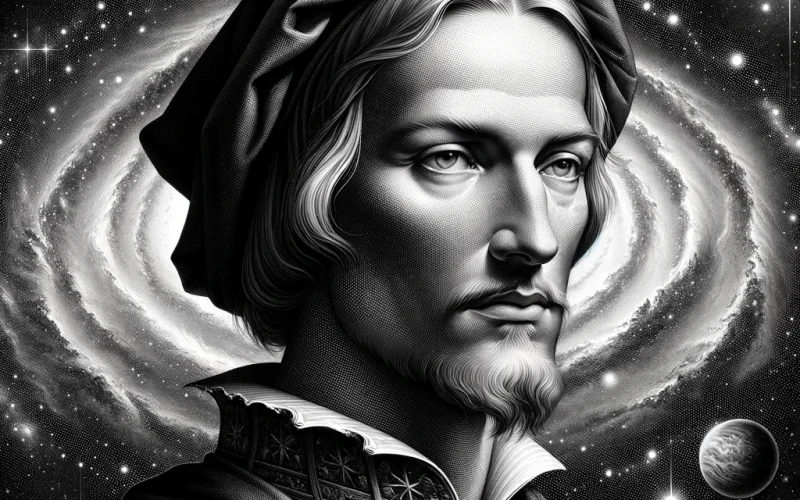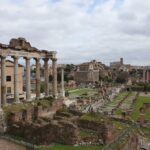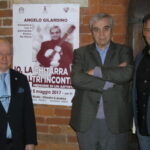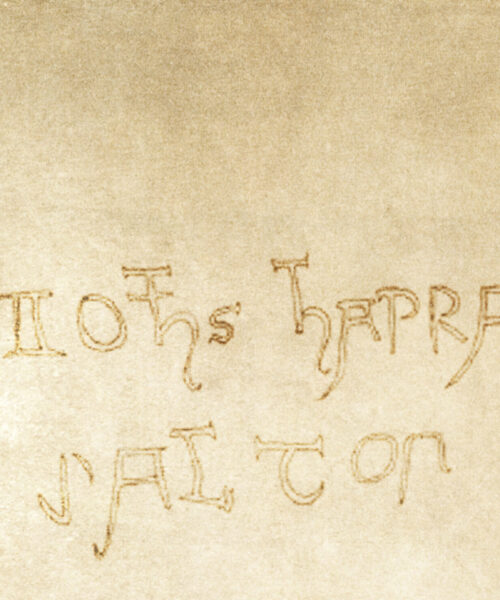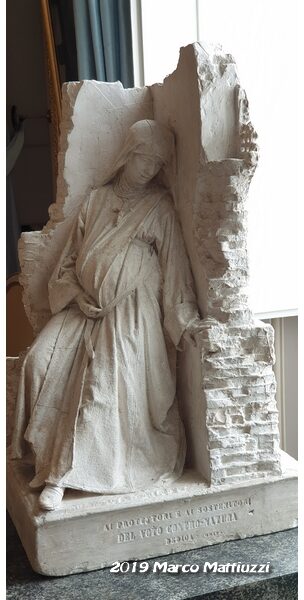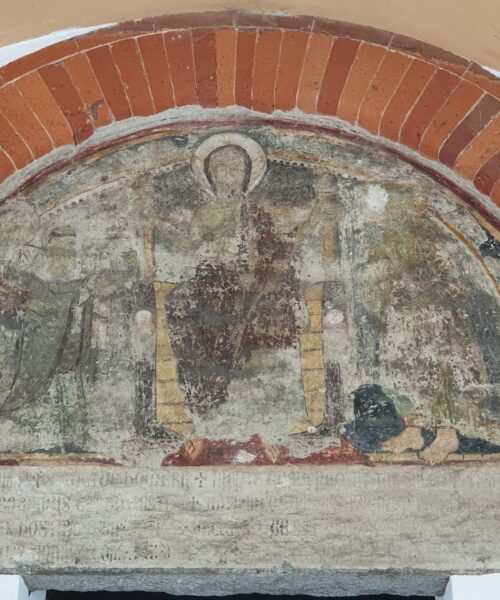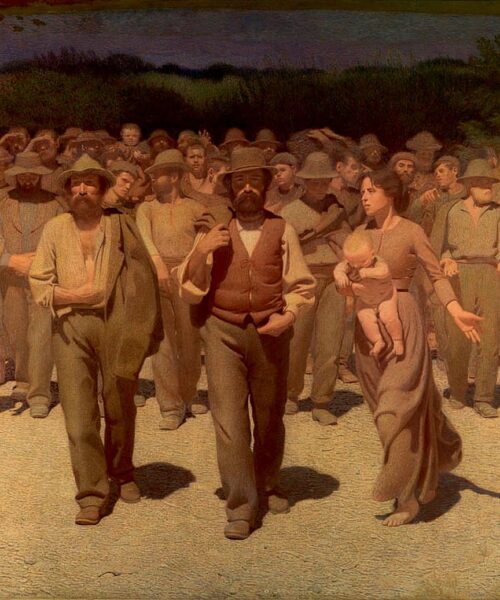“Io ho ritenuto e ritengo che le anime siano immortali… I Cattolici insegnano che non passano da un corpo in un altro, ma vanno in Paradiso, nel Purgatorio o nell’Inferno. Ma io ho ragionato profondamente e, parlando da filosofo, poiché l’anima non si trova senza corpo e tuttavia non è corpo, può essere in un corpo o in un altro, o passare da un corpo all’altro. Questo, se anche può non esser vero, è almeno verosimile, secondo l’opinione di Pitagora.”
(Giordano Bruno)
“I have believed and still believe that souls are immortal… Catholics teach that they do not pass from one body to another but go to Heaven, Purgatory, or Hell. However, I have thought deeply and, speaking as a philosopher, since the soul is not without a body and yet is not a body itself, it can be in one body or another, or move from one body to another. This, even if it may not be true, is at least plausible, according to Pythagoras’s opinion.”
(Giordano Bruno)
The Immortality of the Soul According to Giordano Bruno
Introduction Giordano Bruno (1548-1600) was an Italian philosopher, astronomer, and writer known for his innovative theories on the infinite universe and the plurality of worlds. Born in Nola, he joined the Dominican order but was expelled for his heretical ideas. Bruno proposed a cosmology where the universe is infinite and inhabited by countless worlds, surpassing the Copernican system. His thought was influenced by Hermeticism, Neoplatonism, and Renaissance magic. Arrested by the Inquisition in 1592, he was burned at the stake in 1600 for heresy. Despite the controversies of his time, Bruno anticipated modern concepts in cosmology and philosophy.
The Theological Conception of the Soul Giordano Bruno tackled central themes regarding the nature of the soul and its fate after death. His thinking stands out for a combination of Catholic theology and philosophical speculation, often bringing him into conflict with the orthodox doctrines of his time. Bruno states that, according to Catholic doctrine, souls are immortal and subsistent. Following this perspective, souls do not migrate between different bodies but go to heaven, purgatory, or hell after death. This view reflects the traditional Christian conception of the afterlife, where the soul receives its eternal reward or punishment based on actions in life.
Philosophical Speculation Alongside the theological view, Giordano Bruno introduces philosophical speculation on the soul’s immortality. He suggests that, since the soul is a subsistent substance independent of the body, it could theoretically migrate from one body to another. This idea draws from Pythagoras’s doctrine of metempsychosis, which posited the transmigration of souls between different bodies. Bruno acknowledges that this theory may not be accepted as absolute truth but considers it plausible and worthy of philosophical reflection.
Giordano Bruno’s Dualism Giordano Bruno employs a dual methodological approach to explore the concept of the soul’s immortality. On one hand, he accepts and recognizes the Catholic Church’s theological stance. On the other hand, he philosophically explores the possibility that the soul could exist in multiple bodies sequentially. This dual vision allows him to navigate between religious orthodoxy and philosophical speculation without openly compromising his position.
Influence of Neoplatonism and Hermeticism Bruno’s ideas on the soul are heavily influenced by Neoplatonism and Hermeticism, which emphasize the eternal and universal nature of the soul. Neoplatonism, in particular, sees the soul as part of a greater world soul, common to the entire universe. This universal vision contrasts with the Christian concept of the individual and personal soul.
The Revolution of Giordano Bruno’s Thought Bruno did not limit himself to challenging Catholic doctrine but invited broader reflection on the nature of existence and the continuity of the soul. He emphasized the importance of rational and philosophical debate on existential questions, acknowledging the limitations of human knowledge. This open and innovative approach made his thought influential and relevant to this day, despite the persecutions he faced in life.
Conclusion With his ideas on the immortality of the soul, Giordano Bruno challenged the traditional conceptions of his time, proposing a complex and multifaceted philosophical and theological vision. His ability to integrate different currents of thought and promote open philosophical inquiry has left a lasting mark on the history of human thought.
Ultimately, Giordano Bruno used a methodological approach that combines theology and philosophy to explore the nature of the soul and its possible transmigration, thereby enriching the debate on immortality and the continuity of existence. This intellectual openness is one of the reasons why, despite the controversies and persecutions he faced in life, his philosophical legacy continues to be recognized and studied to this day.
Faithful transcription of the interrogation of June 2, 1592:
«Ei dictum: Adonque voi tenete che l’anime siano immortali et che non passino d’un corpo ad un altro, come si ha informatione che habbiate già detto? Respondit: Io ho tenuto et tengo che l’anime siano immortali et che siano substantie subsistente, cioè l’anime intellettive, et che, catholicamente parlando, non passino da un corpo all’altro, ma vadino o in paradiso o in purgatorio o in inferno; ma ho ben raggionato, et seguendo le raggion filosofiche, che, essendo l’anima subsistente senza il corpo et inexistente nel corpo, possa col medesmo modo che è in un corpo essere in un altro, et passar de un corpo in un altro: il che se non è vero, par almeno verisimile l’opinione di Pittagora».

